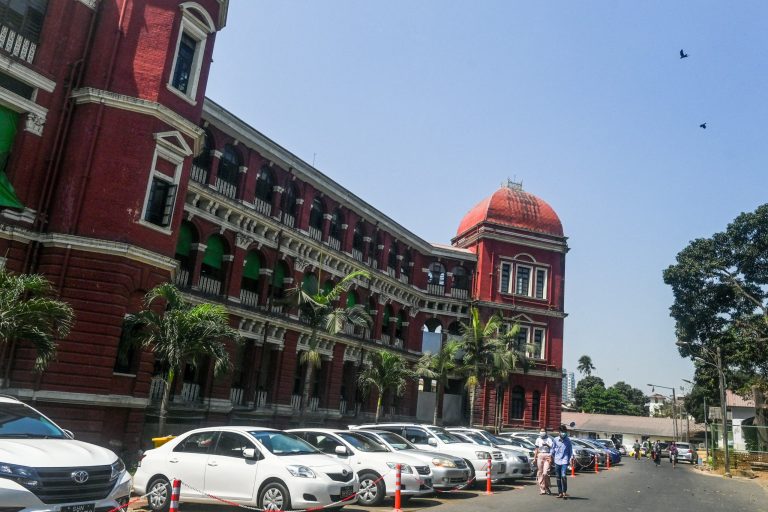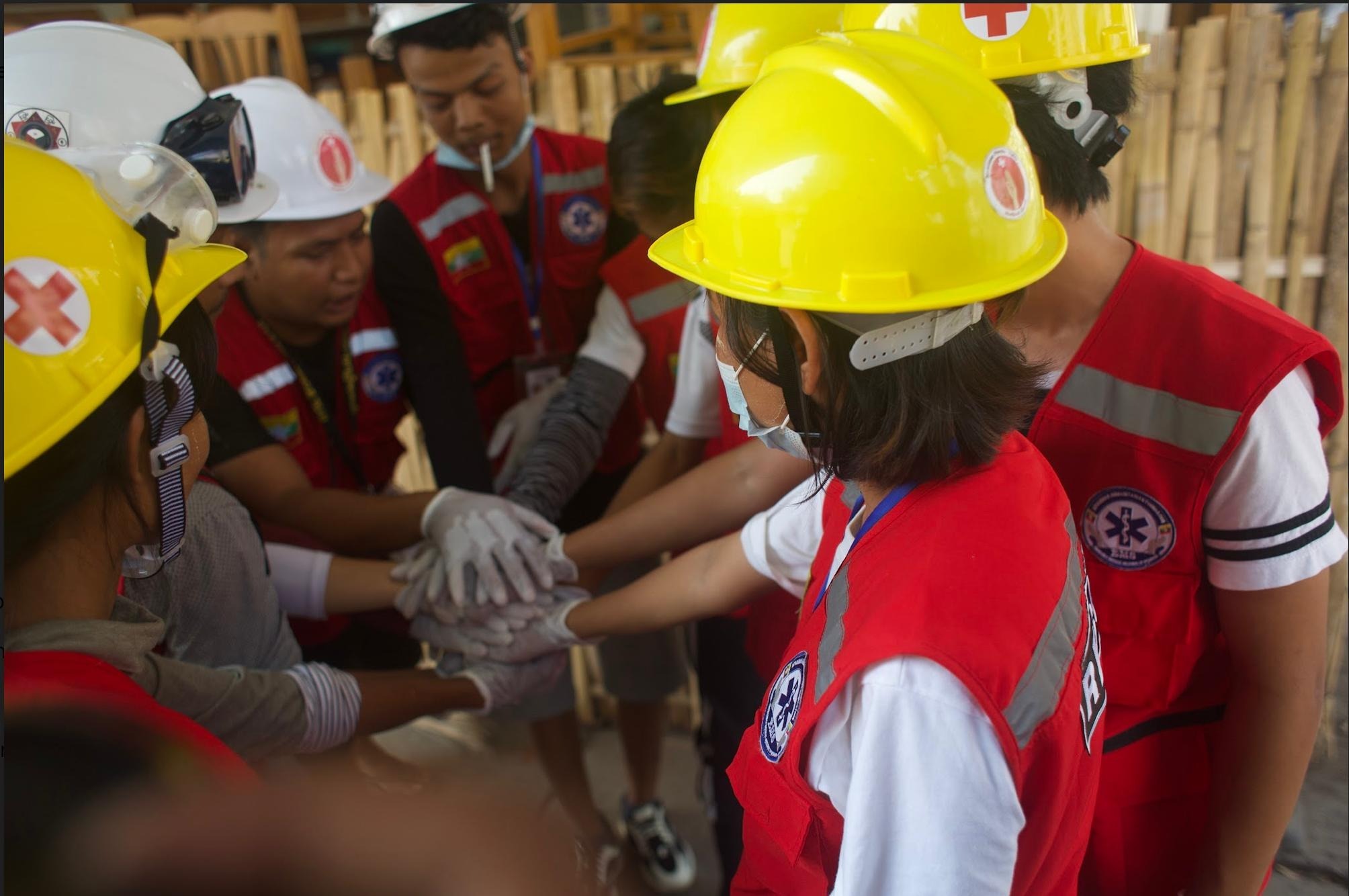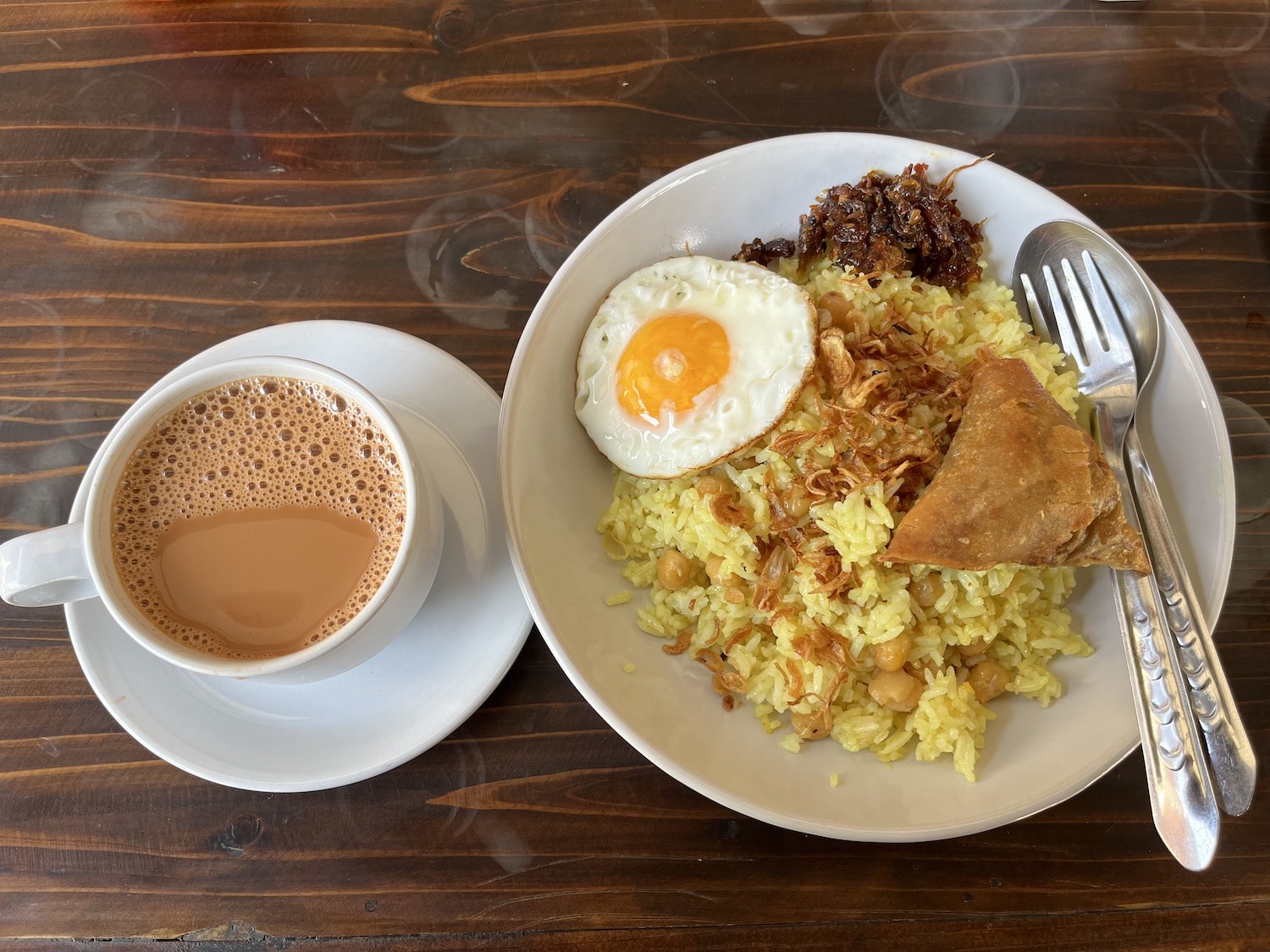This advertorial is produced and sponsored by METRO Wholesale Myanmar
Food safety is a key area of public health and extends to a wide range of processes, from handling and storing to preparation and consumption. It’s a priority for Myanmar but, as with many developing countries, also a major challenge, with knock-on effects on tourism, development and the general economy.
Food safety is a concern that starts with farmers and continues through the food chain, via packing houses, value-added operations, farmers’ markets and other sale points, before ending up with the consumer.
Adopting international best practices for agriculture and livestock is crucial. Thereafter, a Hazard Analysis and Critical Control Points (HACCP) approach, which analyses potential hazards throughout the supply chain, can outline preventative measures.
Myanmar currently ranks 71st out of 113 countries in the Economist Intelligence Unit’s Global Food Security Index, and most of Myanmar’s people don’t have ready access to hygienic food. A lack of public awareness of food safety standards is one major barrier, and the Ministry of Agriculture, Livestock and Irrigation is rolling out short and long term initiatives and drafting new regulations to improve food safety.
In July, the ministry outlined a key role for the private sector in supplying safer inputs, such as pesticides and veterinary drugs, in raising awareness, and in training farmers and members of industry. Through acquiring the necessary knowledge and skills, perceptions of food safety will change, leading to healthier lifestyles and national development.
Additionally, a systematic and reliable system for managing the supply chain is required for all stakeholders to be able to track and monitor how products are produced, handled and stored.
Introducing global practices to supply systems used by hotels, restaurants and catering businesses, including systematic food labelling and effective tracing mechanisms, will enable them to track and monitor where the food they sell comes from how it is stored, and indicate how it should be prepared and served. In this way, they can be confident of serving their customers with safe and hygienic food.
METRO is a global leader in specialist food wholesaling, having already implemented effective and reliable supply chain systems and instituted food safety practices in 35 countries. Its efficient supply chain system could provide a solution for the Myanmar market, delivering more than 3,300 food and other high quality products, as well as customized services, to hotels, restaurants, caterers, small traders and offices.
Globally, METRO’s innovative tracing systems have been shown to work throughout entire supply chains, from producers to customers. Product data goes into METRO’s database. Then, through a form of unique product identification, businesses can obtain information about individual products, including origin and the time of processing. METRO’s labelling system means those receiving products are similarly informed.
METRO is planning to implement the same system in Myanmar, phase by phase, which in turn will help develop the whole country’s supply chains.
For METRO, it is important to be actively involved in whatever country it’s operating in. Therefore, METRO works closely with communities to improve food safety through training programs aimed at farmers and producers. This approach will be replicated in Myanmar, with hotel, restaurant, catering and other partners trained and empowered to access an improved supply chain system – to the benefit of the whole community.







